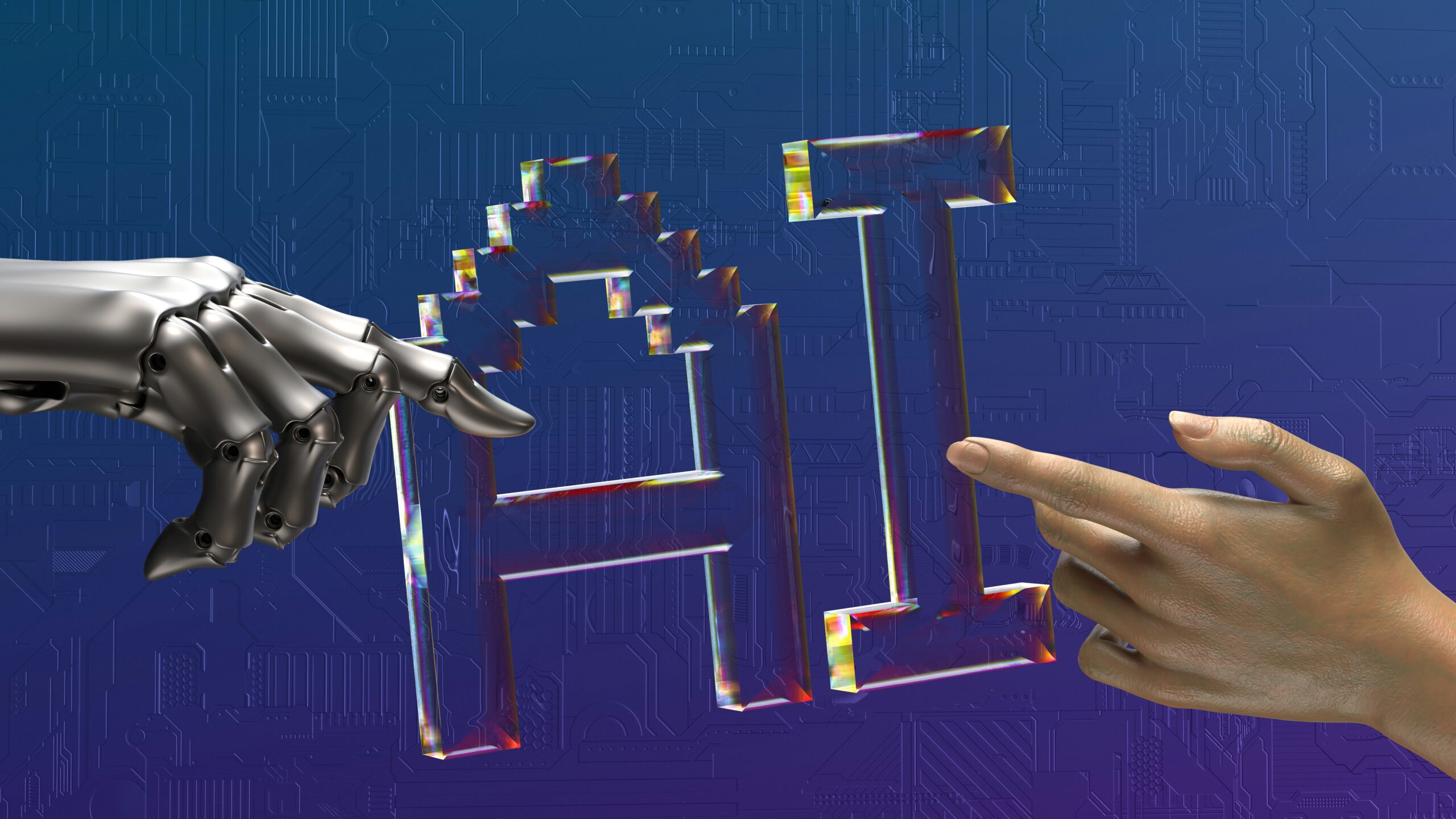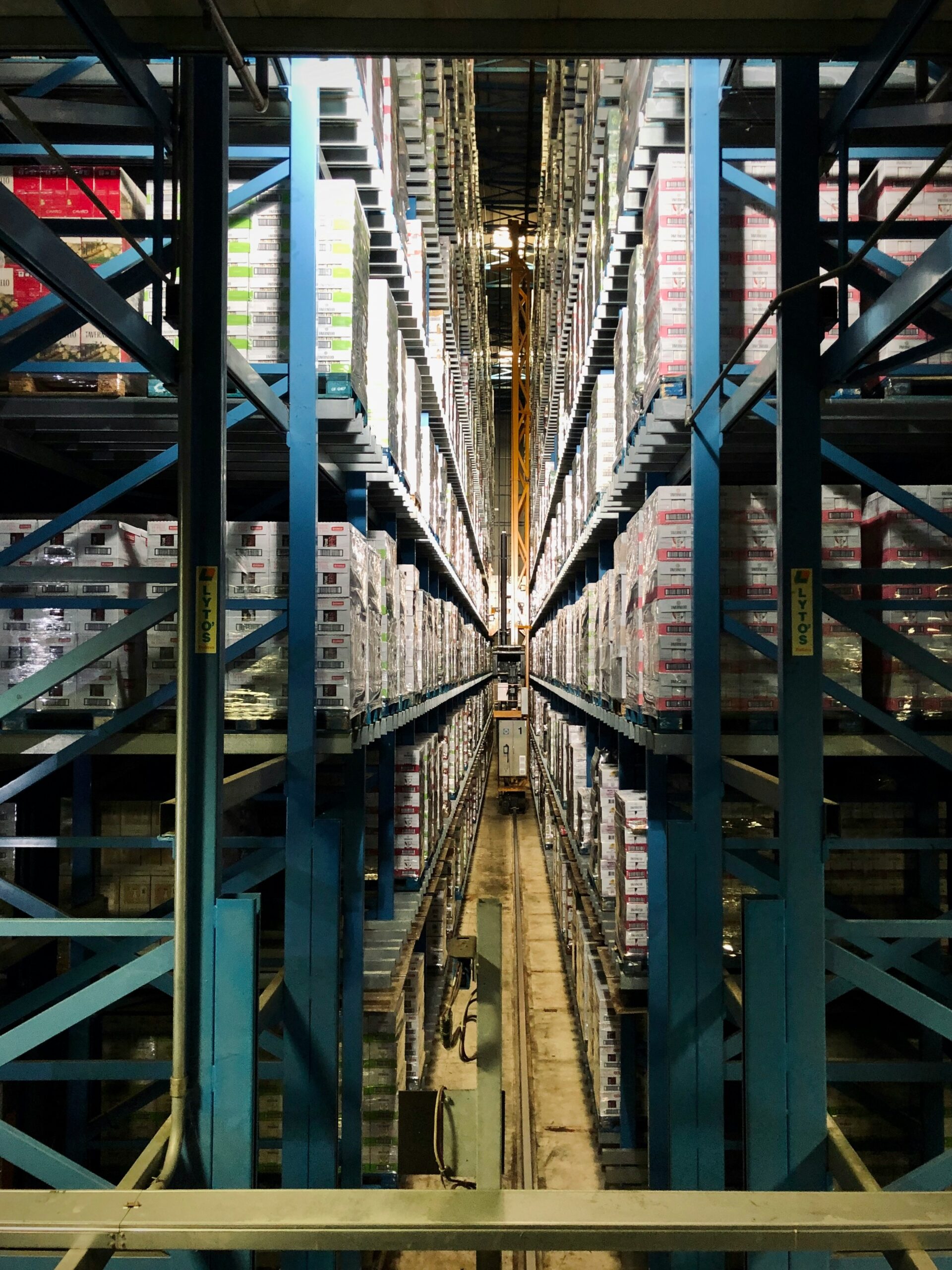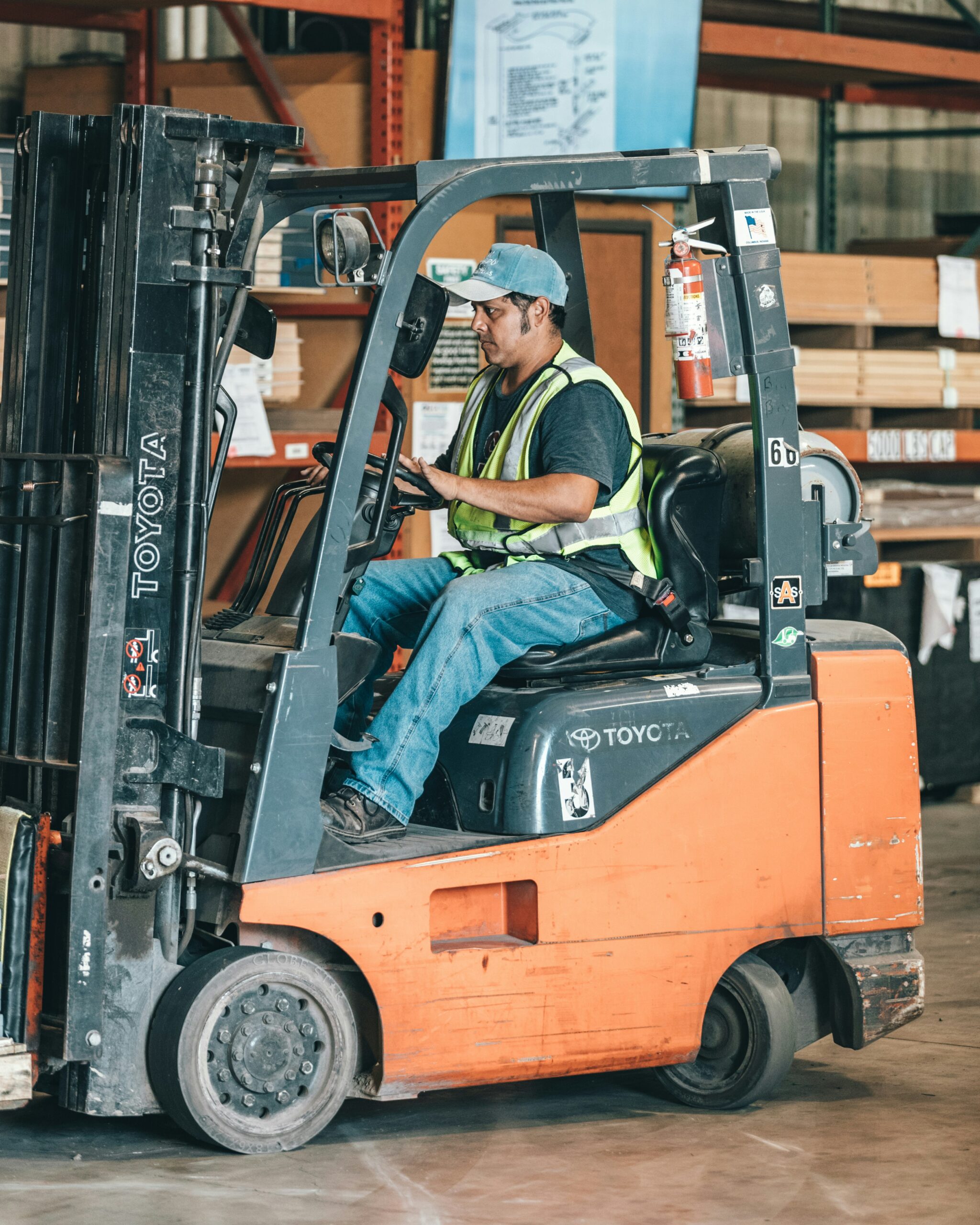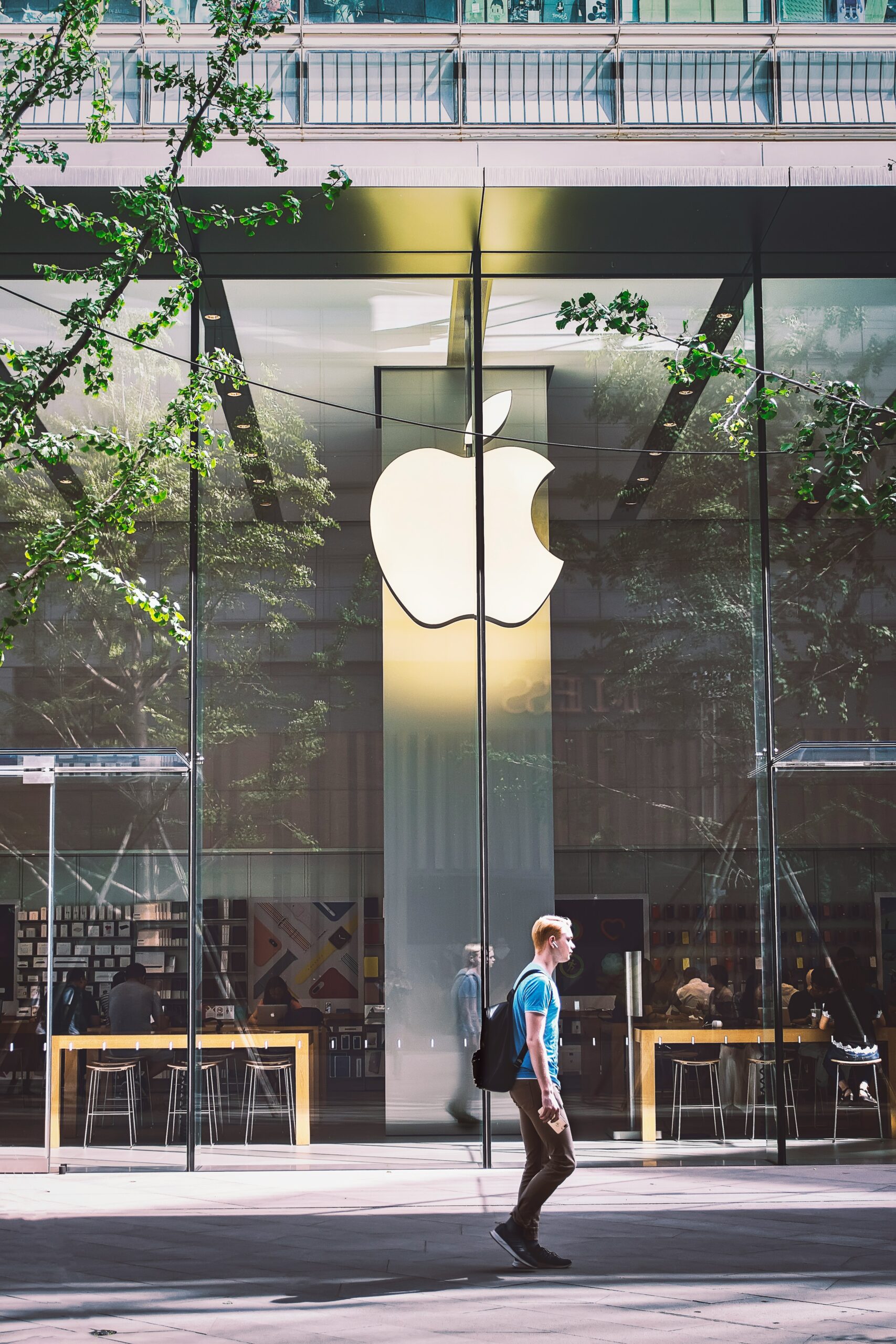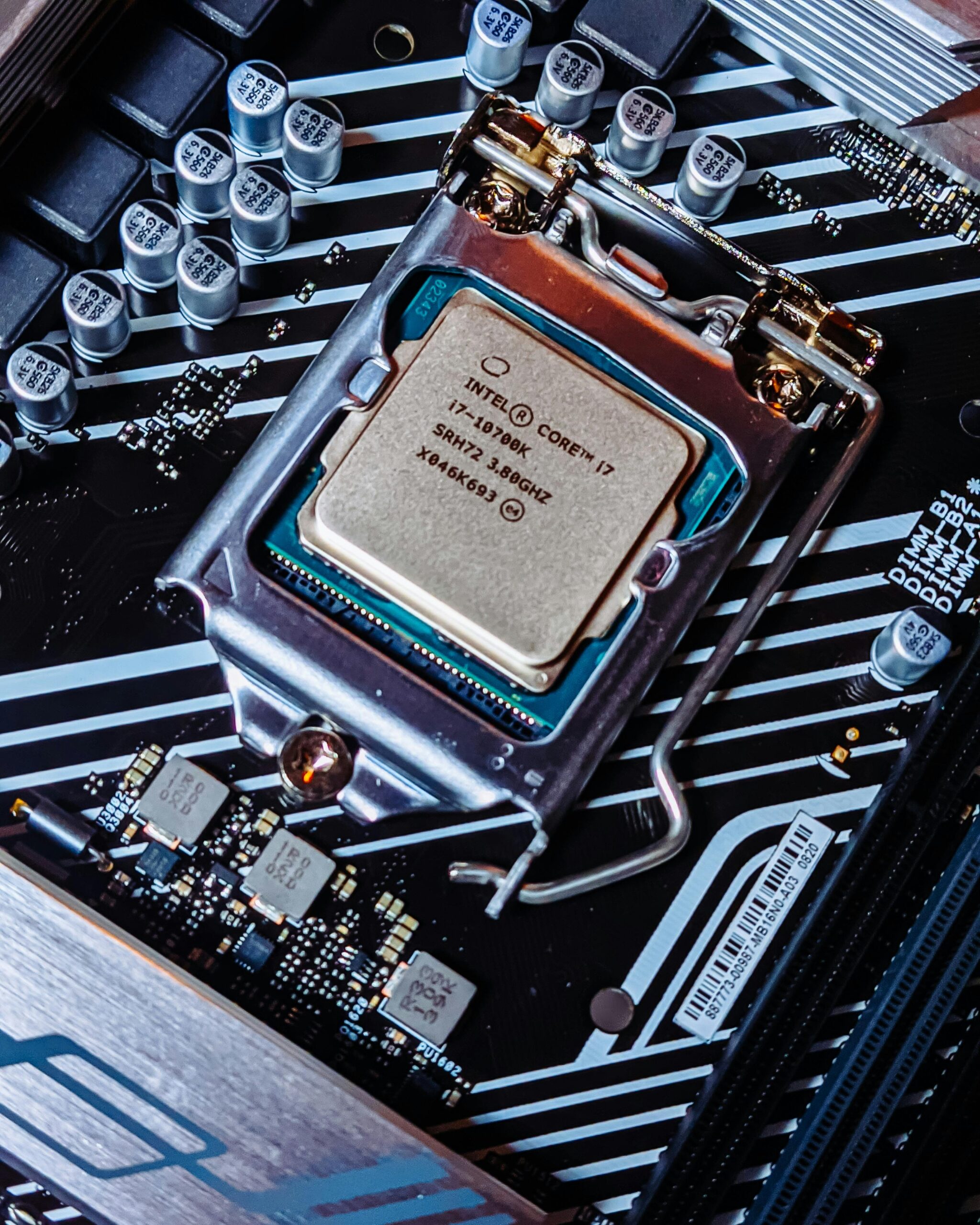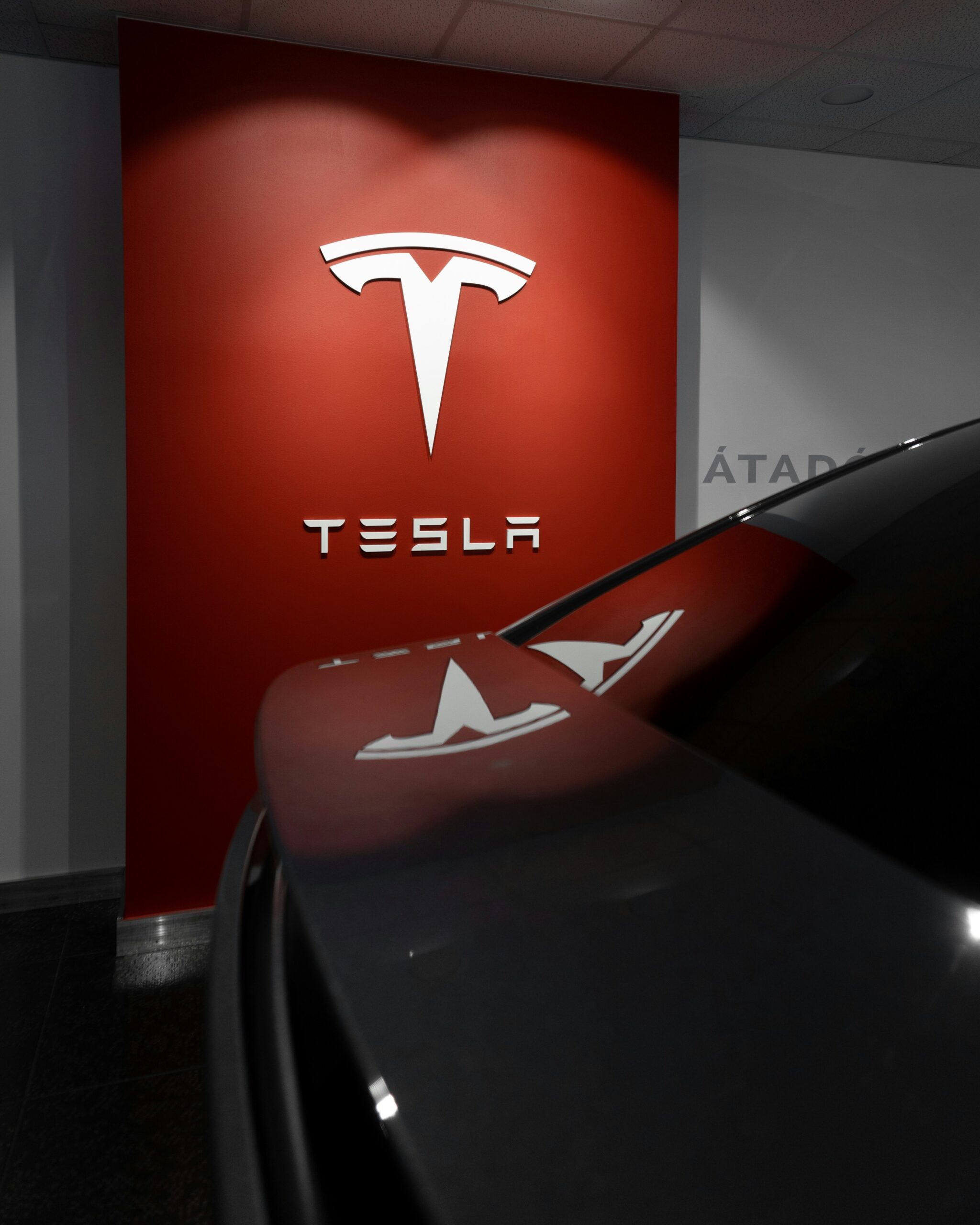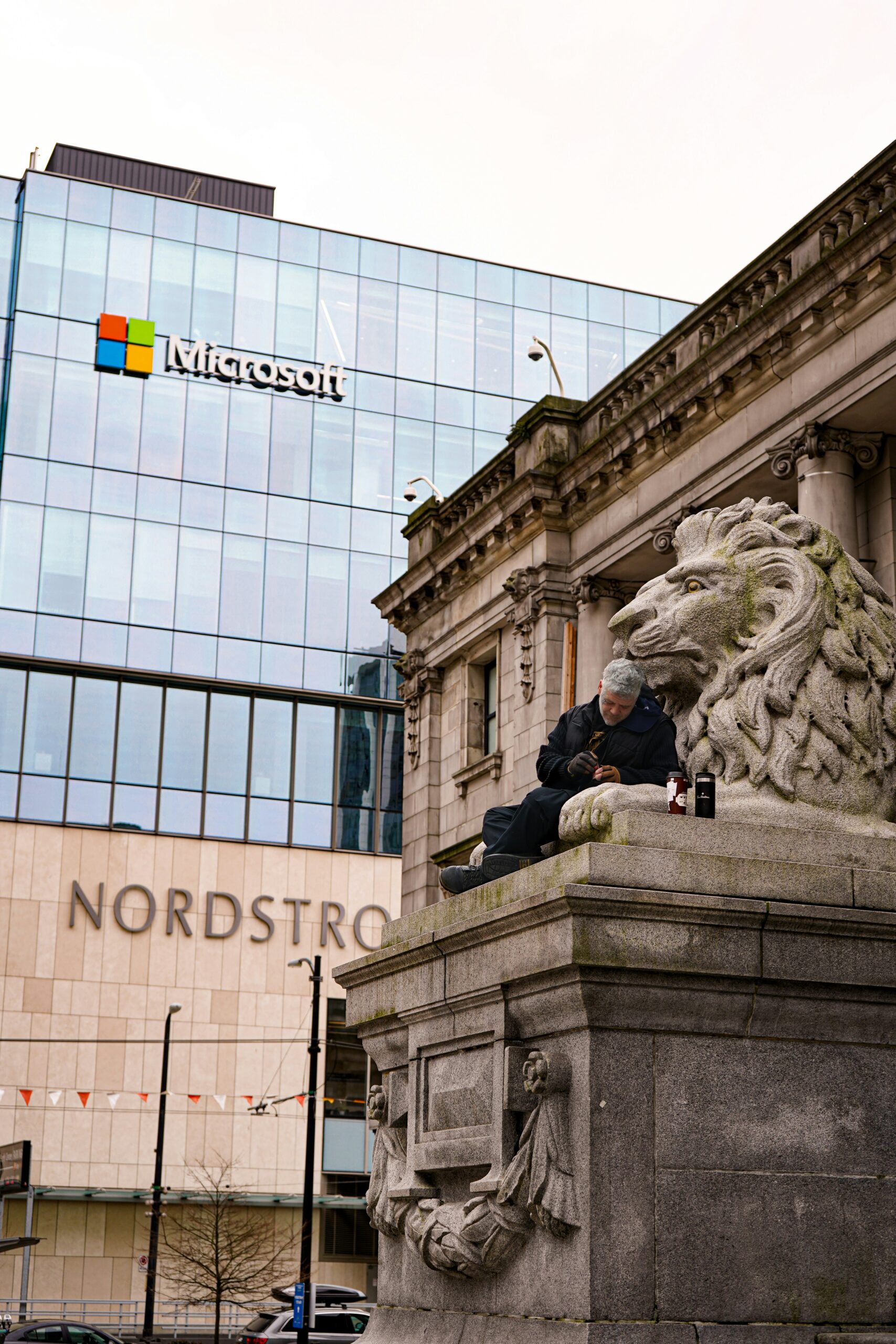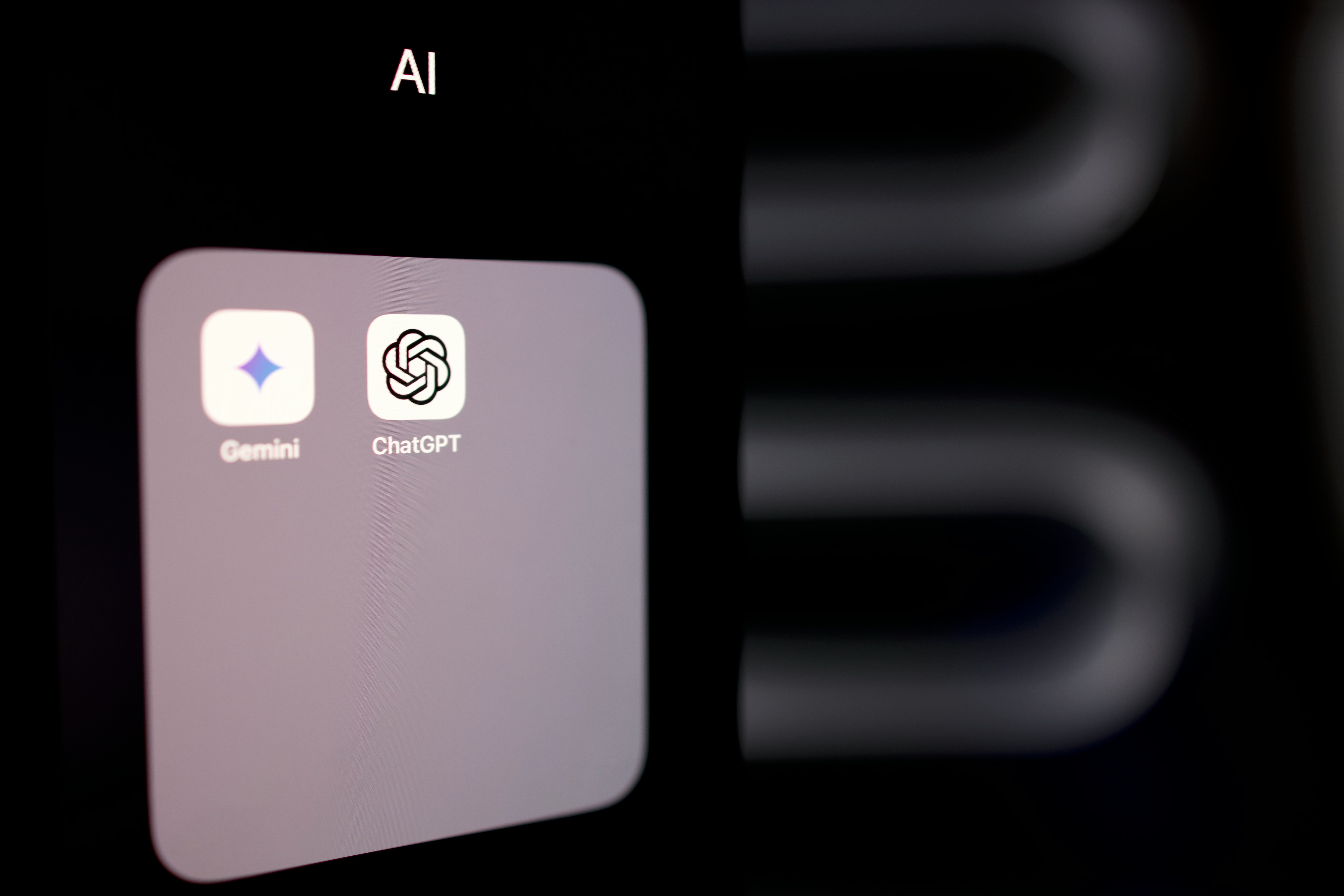Image Credit: Pexels
Today’s fast-moving retail world is blessed with many peak hours during which it often struggles with a common issue: insufficient hands on deck. Customers witness understaffed floors, long checkout lines, and burnt-out employees during these busy periods. To address this recurring problem, retailers are moving toward AI-powered solutions to predict demand and match staffing needs during peak hours.
The Retail Labor Problem
Retailers globally are being hit on all fronts by labor shortages and inefficient scheduling. These are problems with remarkably higher stakes. Longer lines lead to frustrated customers, lost sales, and employees scrambling around trying to salvage the situation. Industry experts put the statistic at 51% of frontline workers claiming that they are short-staffed most of the time during the busy periods. The ripple effects would be felt, resulting in poor customer experience, low employee morale, and dropping profits at the end of the day.
Traditional scheduling methods are often built around static spreadsheets or rely entirely on historical patterns. They fail to keep up with the current dynamic retail environments. When traffic surges or weather shifts unexpectedly, many stores are unprepared.
AI to the Rescue
This is where AI steps in to boost workforce management for retailers, not as a replacement. Modern AI systems act as strategic assistants by forecasting in-store demand and analyzing a rich mix of inputs such as past sales data, real-time foot traffic, local weather trends, and even inventory levels. This leads to smarter, more precise staff scheduling and better response during busy hours. AI solutions eliminate gut feeling and guesswork to provide real-time assessment and manage real-world situations.
Unlike traditional tools, AI-driven platforms continuously learn and adapt to deliver better results. These systems integrate multiple data sources to create a granular view of store activity, enabling managers to make timely and cost-effective staffing decisions. This data-driven approach enhances accuracy and empowers retailers to be more agile in an unpredictable world.
Employee Empowerment Through Technology
The advantages of AI are not limited to store management. Employees are experiencing more flexibility and authority to tackle any challenging situation. With less effort, frontline workers can use an AI scheduling system-based mobile app to manage their shift preferences, swap hours, or plan.
According to a survey, 74% of frontline workers agree they rely on AI-assisted scheduling, citing reduced stress and increased fairness as key benefits. When shifts are balanced based on actual need and individual input, workplace tensions drop, and productivity rises. For employees, this technology feels less like surveillance and more like support.
Real-World Application of AI Solutions
Several companies are transforming retail workforce management through AI, and Logile stands out as a prominent example, particularly in the grocery and food-related sectors. With an emphasis on blending technology with employee insight, Logile is helping retailers move beyond reactive scheduling.
“What’s really important, I think, to myself and Logile is… getting the voice of the associate in order to kind of create that bottom line level influence and ensure that we’re connecting the dots between headquarters and what they think is happening in the stores to what’s really happening in their stores,” says Kimberly Drobny, Vice President of Marketing at Logile.
This philosophy reflects a shift in priorities. It’s not just about efficiency, it’s about listening to employees, aligning corporate expectations with on-the-ground realities, and improving communication across all levels of the organization.
Final Thoughts
As retailers continue to navigate a complex post-pandemic environment, the real promise of AI may not lie in customer data analytics only. Instead, its transformative power is utilized to support the daily customer interaction with store employees. From smarter scheduling to greater shift control, AI is helping retailers do more than manage their workforce. It’s helping them reimagine it.





















